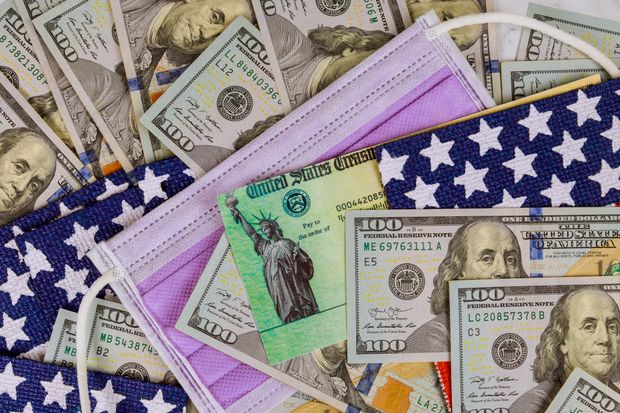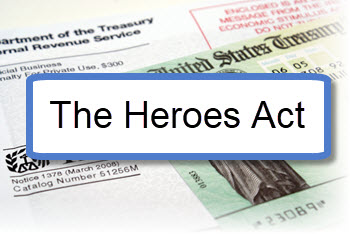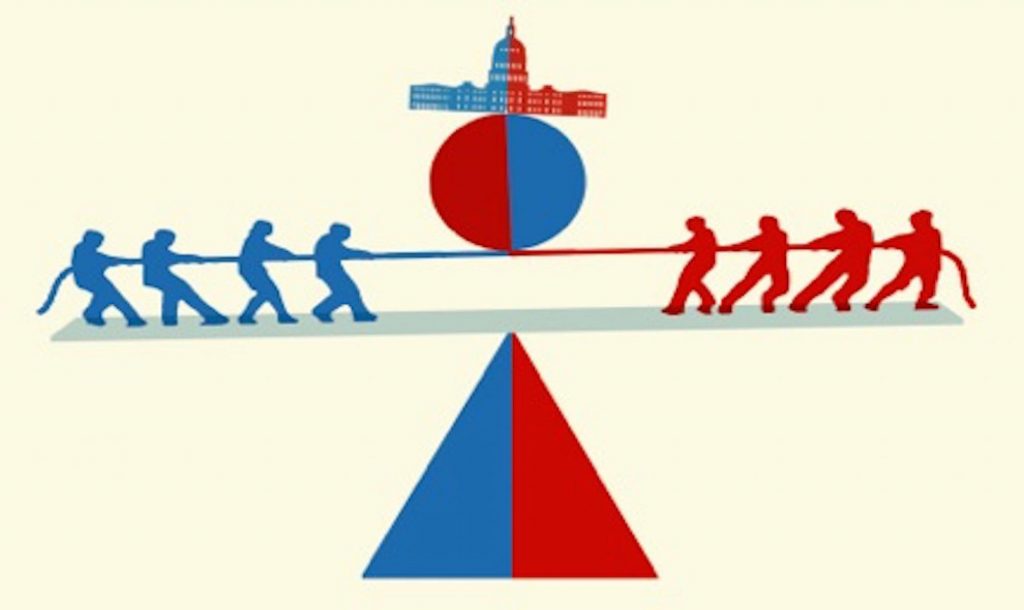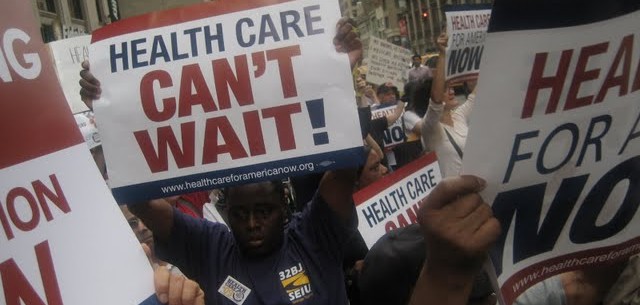Since the COVID-19 pandemic arrived in the US late last winter and the economic recession it triggered starting in the spring, Congress has passed 4 pieces of legislation, with strong bipartisan support, to respond to its threats and adverse impacts on everyday people. These included:
- Coronavirus Preparedness and Response Supplemental Appropriations Act (HR 6704) on March 6th.
- Families First Coronavirus Response Act (HR 6201) on March 18th.
- Coronavirus Aid, Relief, and Economic Security (“CARES”) Act (S.3548) on March 27th.
- Paycheck Protection Program and Health Care Enhancement Act (HR 266) on April 24th.

Concerning the health provisions in each of these laws,
- CPRSA Act ($8.3 billion) provided funding for COVID-19 testing, treatment, and biomedical research, as well as for basic state and local public health functions.
- FFCR Act ($190 billion) provided funding for free testing, a 6.2% increase in Medicaid funding to states with a “maintenance of effort” requirement, and created a new temporary program for paid family leave and sick days.
- CARES Act ($2.3 trillion) provided funding for hospitals and health care providers, personal protective equipment (PPE), and grants to states and large cities.
- PPPHCE Act ($500 billion) expanded CARES Act funding for hospitals and health care providers, for COVID-19 testing, and for various federal health agencies.

Since mid-April, Congress has taken no further action despite the clear need for continuing steps to help those in need. In mid-May, the House passed, on a mostly partisan basis, the HEROES (Health and Economic Recovery Omnibus Emergency Solutions) Act (HR 6800), a very comprehensive bill that would do many good things, costing about $3.4 trillion. However, Republican Senate leadership has refused to take it up. In late July, they announced their alternative HEALS (Health, Economic Assistance, Liability Protection, and Schools) Act (S. 1624), costing about #1 trillion, but never tried to take it to a floor vote. In early Sept., they instead put forward their Delivering Immediate Relief to American Families, Schools, and Small Businesses Act (S. 178), a slimmed-down version of HEALS (“Skinny HEALS”), costing only $500 billion, and it was enacted along a party-line vote.
Looking at the health care provisions of the HEROES Act, it offered:
- Increased federal Medicaid matching funds by 14% above a state’s standard rate.
- An exemption for New York from federal requirements to maintain the breadth and depth of its Medicaid program throughout the pandemic emergency, something vigorously opposed by health care advocates here in New York and nationally.
- Subsidies for unemployed people to afford “COBRA” coverage.
- Funding for COVID-19 testing, tracing, treatment, including via Emergency Medicaid in order to cover all immigrants.
- New OSHA standards for frontline health care workers in hospitals and nursing homes.
- Hazard pay for frontline workers.
- General financial support for state, city, and county budgets.
By contrast, the “Skinny HEALS” bill only offered additional funding for development of COVID-19 treatment and vaccines.

Since mid-Sept., negotiations between the Senate and House have stalled. However, the bipartisan centrist “Problem Solvers Caucus” recently introduced its “March to Common Ground” framework, costing $1.5 trillion, that would, on the health care front, provide increased funding for COVID-19 testing and treatment, workplace protections, and aid to states and localities. President Trump has also made a statement about being willing to negotiate a package, but no further details were included.
With the recent death of Justice Ruth Bader Ginsburg, much political and legislative focus has shifted to the matter of confirming her successor as the final weeks of the election season approach, so prospects are slim and dim for further action. Meanwhile, millions of people across the US who are in desperate need because of the pandemic and its economic aftermath remain ignored, and over 200,000 people across the nation have died of COVID-19 illness.
